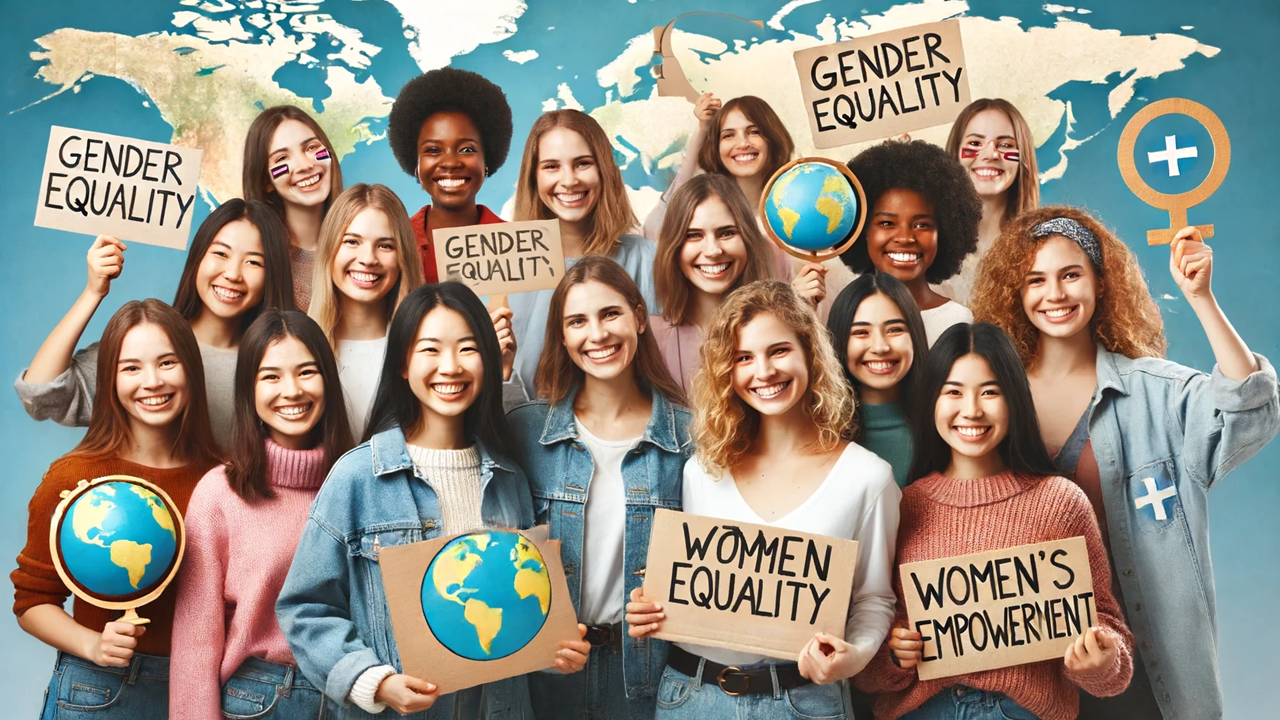UN Experts Warn Against Regression on Gender Equality and Human Rights
According to the experts, such regressive frameworks threaten to undermine decades of progress in advancing human rights and gender equality.

A group of United Nations human rights experts has issued a strong joint statement reaffirming the importance of integrating gender perspectives into laws, policies, and practices worldwide, stressing that gender equality remains central to the realization of human rights for all.
Gender Beyond Biology
The experts underscored that gender-based discrimination must be addressed alongside sex-based discrimination, noting that gender is not solely defined by biology but is shaped by social and cultural norms, roles, and power structures that evolve over time.
“Legal and policy frameworks that fail to incorporate a gender perspective risk reinforcing, rather than dismantling, structural inequality,” the experts warned. Such omissions, they added, entrench systemic barriers faced by women, girls, and gender-diverse individuals.
Pushback Against Regressive Approaches
The joint statement expressed alarm at growing attempts worldwide to reassert rigid, binary definitions of sex, which minimize the complex social, historical, and cultural realities that define gender. According to the experts, such regressive frameworks threaten to undermine decades of progress in advancing human rights and gender equality.
“These approaches ignore the lived realities of women and girls, as well as gender-diverse persons, and obscure the root causes of discrimination and violence,” the experts cautioned.
Intersectionality and Inclusive Human Rights
A central message in the experts’ declaration was the need to adopt an intersectional approach to equality, recognizing that discrimination is often compounded by overlapping identities such as sexual orientation, gender identity, race, disability, and economic status.
They highlighted the guidance of international human rights bodies, including the Committee on the Elimination of Discrimination against Women (CEDAW), which interprets gender-based discrimination broadly to reflect lived realities. This, they stressed, should remain a cornerstone of global human rights law.
Call to Action for States and Global Stakeholders
The experts called on States, UN agencies, businesses, and civil society to strengthen their commitment to gender equality. They urged continued efforts to embed gender perspectives across all areas of international law and policymaking, warning that failing to do so could weaken the integrity of the human rights system itself.
“Ensuring the rights and dignity of all women and girls, in their diversity, is critical to the coherence and integrity of the international human rights system,” the experts said. “This is essential to realising the promise of human rights for all.”
Global Context: Backlash and Progress
The experts’ statement comes amid a global context where gender equality is facing renewed backlash, from attempts to restrict reproductive rights in some regions, to the rising exclusion of transgender and gender-diverse persons from public policy debates. At the same time, progress continues in other areas, with more countries adopting gender-sensitive legal frameworks, increasing political participation of women, and incorporating gender perspectives into climate, health, and education policy.
By reaffirming the centrality of gender in human rights, the UN experts are sending a clear message: progress made over decades must not be rolled back. Instead, governments and institutions must continue to adapt and expand their frameworks to reflect the realities of diverse communities and identities.










